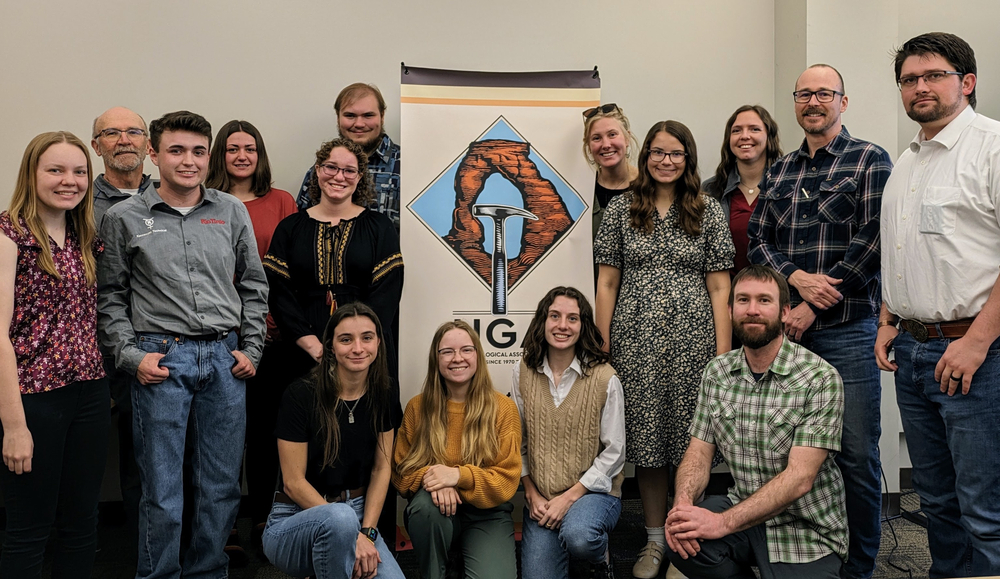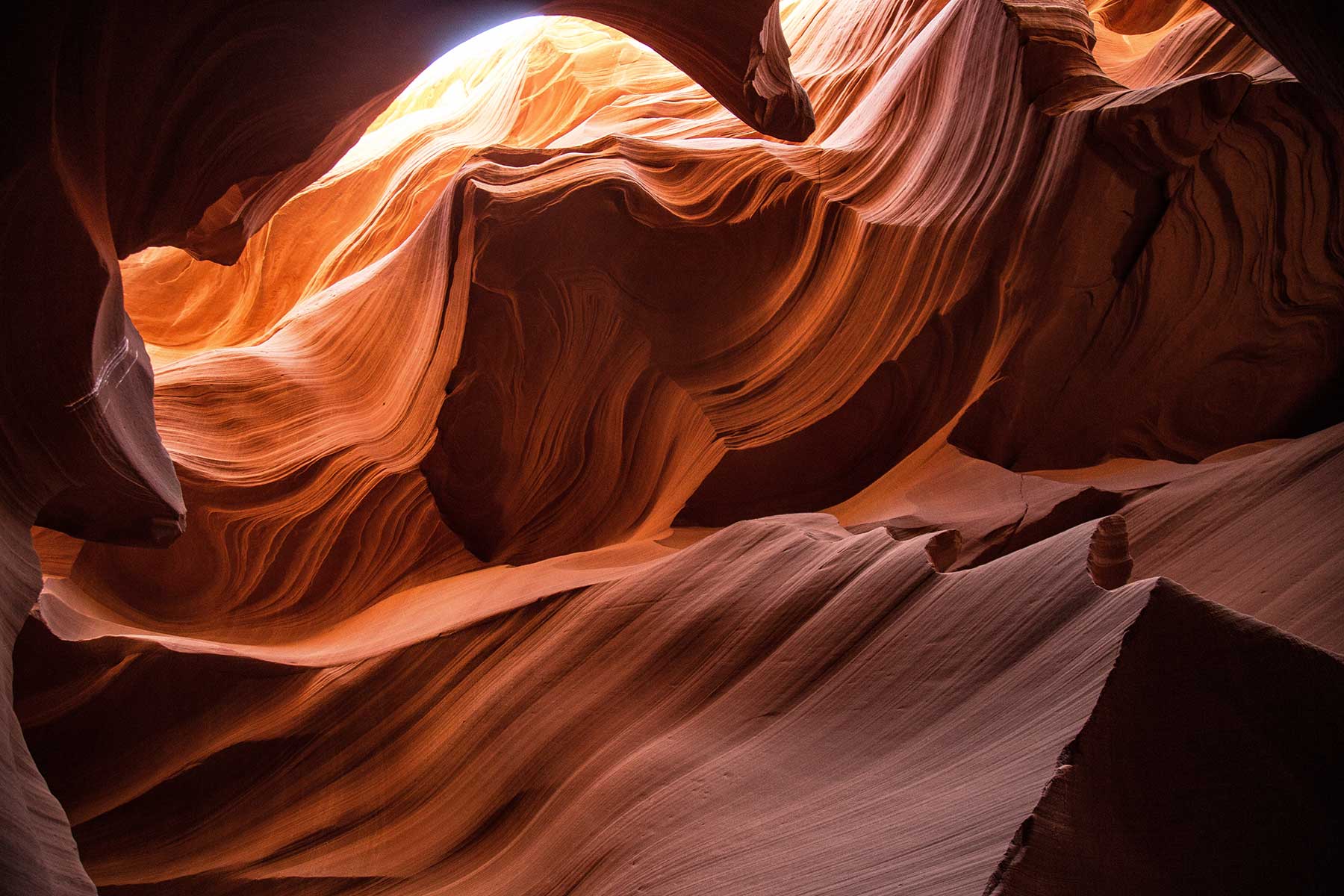UTAH GEOLOGICAL FOUNDATION
Supporting geoscience scholarships and public outreach in Utah and the Intermountain West
DONATIONS
Please consider making a tax-deductible donation. For a limited time, all contributions to the foundation will be matched two to one with contributions from UGA funds.
Click HERE to make an online donation to the UGF!
2024 UGA-UGF Field Camp Scholarships

Click HERE to see 2024 and 2023 Field camp scholarships
You can also donate by check. Checks should be made out to and mailed to:
Questions:
You can verify that the Utah Geological Foundation (UGF EIN: 87-3778675) is an IRS 501c3charitable organization at: Tax Exempt Organization Search | Internal Revenue Service (irs.gov).
ADDITIONAL WAYS TO DONATE
Qualified Charitable Distribution:
You can make a Qualified Charitable Distribution (QCD) as part of a required minimum distribution from an IRA-type account, including IRA, SEP, 401(k), 403(b),457, with U.S. tax benefits – General Information only (not tax advice)
- How does it work?The provision in the U.S. tax law, referred to as a Qualified Charitable Distribution (QCD),allows retirees who have reached the age when you must begin to take money from these tax deferred (IRA-type) accounts (“IRA”), to donate up to $100,000 tax free from their IRA-type account(s) each year. Generally, when you take a distribution from your IRA, the distribution is treated as taxable income. A provision in the 2015 tax package excludes your IRA distribution from taxable income if the distribution is made directly from the IRA to a charity(ies). A QCD is not included as income to you but qualifies as part of an annual Required Minimum Distributions (RMD).QCDs are equivalent to a 100% deduction. Normally, charitable contribution deductions are limited to a lower percentage (or are eliminated altogether) for taxpayers who do not itemize and take the standard deduction.
- Turn all or part of your required distributions into tax-free charitable giving IRS rules mandate that individuals age 73 and older take RMDs from their IRA each year. These annual withdrawals are subject to ordinary U.S. income taxes. By making a charitable contribution (QCD) directly from your IRA, you may be able to satisfy all or part of your RMD amount without reporting additional income. This provision may be especially helpful for retirees who don’t need all the RMD income from their IRA. By donating the money to charity (preferably UGF), you can enjoy the satisfaction of knowing that you are contributing to helping support geoscience students while effectively lowering your Federal tax bill.
- Additional Considerations Generally, in order to claim a charitable deduction, you must itemize your Federal tax return. For retirees who have lost many deductions (e.g., house mortgage payment), their deductions may be too small to itemize (not to mention the hassle). The QCD offers the tax benefits of a charitable contribution without itemizing. Recent tax law changes nearly double the standard deduction, which will result in fewer taxpayers itemizing deductions and more opting to claim the standard deduction. The tax benefits of donations may be higher using a QCD. Additional income on your Form 1040 may increase your Medicare Part B premiums and/or negatively affect the taxability of your Social Security benefits. Making a QCD from your IRA under this situation may be helpful.
Talk with your tax consultant and your IRA financial institution for details about making a QCD. This information about QCDs is not meant to be tax advice.
Legacy Gift - Trust and Will:
You can include a donation to UGF in your trust or will. Surveys show more than 75% of Americans believe it is important to have a competent estate plan that adequately and accurately distributes their assets to their loved ones and favorite charitable organizations following their death. Talk with your attorney or other legal advisor for details about including UGF in your will or trust. This information about wills and trusts is not meant to be legal advice.




